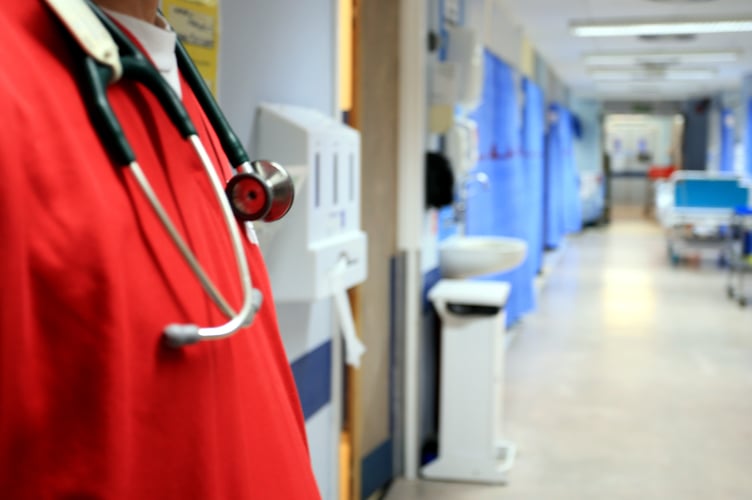A record number of urgent suspected cancer referrals were made in Hampshire and the Isle of Wight this year, new figures show.
A cancer research organisation said cancer patients across England already face "anxious waits for treatment", and called on the Government to invest in and reform cancer services across the country.
It comes after the Government announced new tech deals to boost the business of cancer detection, and a plan to trial new ways to tackle the disease with faster diagnoses and better treatment.
NHS England figures show 3 million urgent suspected cancer referrals were made across the country in 2023-24, up 5% from 2.9 million the year before and the highest figure since records began in 2009-10.
At the NHS Hampshire and Isle of Wight Integrated Care Board, 86,696 such referrals were made this year, up from 86,300 the previous year and also a 14-year record.
Of all urgent suspected cancer referrals made across England this year, 182,060 resulted in a cancer diagnosis, including 6,872 at the NHS Hampshire and Isle of Wight Integrated Care Board.
Michelle Mitchell, chief executive at Cancer Research UK, said the number of urgent suspected cancer referrals in England is rising as the population grows and ages.
She added: "While it’s important that people continue to seek help when they experience unusual changes or symptoms, the NHS must have the resources to meet this increasing demand.
"At a time when thousands of cancer patients in England are already facing anxious waits for treatment, additional investment alongside reform to cancer services will be crucial to provide the care that people deserve.
"The UK Government's promised national cancer plan for England is key to delivering on its pledge to meet waiting time targets by the end of this Parliament, and we're ready to work with the Government on the long-term thinking needed to transform cancer survival."
Across England, the most urgent suspected cancer referrals were made for suspected skin cancer (715,803), followed by breast cancer (519,469), and gastrointestinal cancer (501,760).
While urgent referrals for suspected breast, lung, and skin cancers have all increased this year, those for gastrointestinal have slightly decreased.
At the NHS Hampshire and Isle of Wight Integrated Care Board, 18,111 urgent referrals were made for suspected skin cancer, 16,180 for suspected breast cancer, 12,819 for suspected GI cancer and 2,082 for suspected lung cancer.
Professor Peter Johnson, NHS England national clinical director for cancer, said: "As we all live longer and the number of people developing cancer continues to rise, the NHS is diagnosing more cancers than ever before, and our work to raise awareness, help to warn those at risk and encourage people to come forward for checks is vital to make sure people can get treatment promptly.
"NHS staff are working hard to see and treat more people with cancer than ever, but we know there is more to do to ensure people get a diagnosis or the all-clear sooner and to further improve care and treatment.
"As always, we would encourage people to get checked at the earliest opportunity if they have any worrying signs or symptoms."




